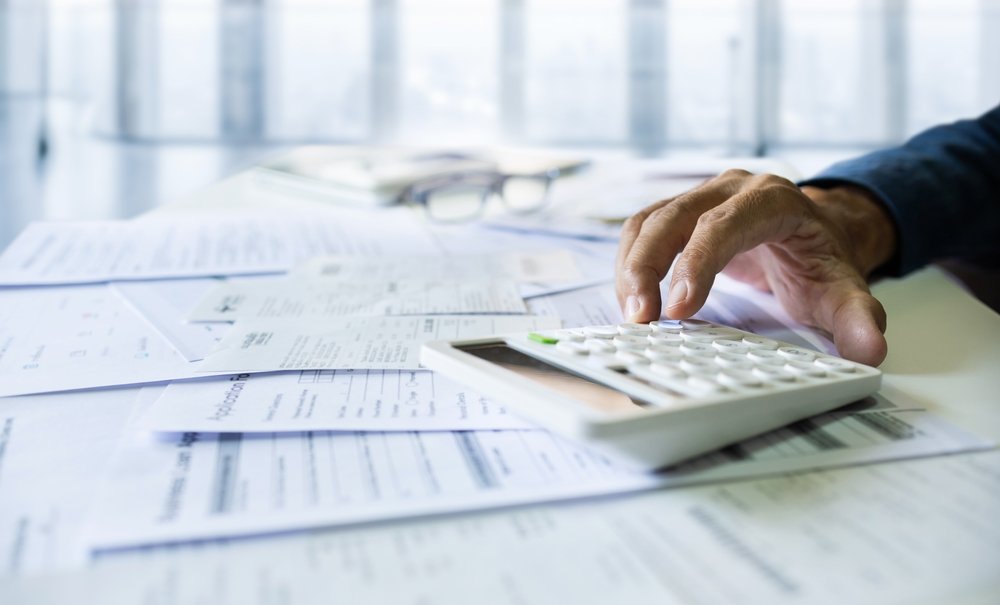
How to Calculate Capital Gains Tax
When selling assets such as funds, shares, or property, it’s essential to calculate whether you owe Capital Gains Tax (CGT). Here’s a detailed guide on how to determine your CGT liability, including key considerations and examples.
Understanding Who Pays Capital Gains Tax (CGT)
Capital Gains Tax (CGT) applies to various individuals and entities, with specific rules governing its application. Here's a breakdown of who is subject to CGT and the nuances for different types of taxpayers.
Who Pays Capital Gains Tax?
Private Individuals: Individuals who sell personal assets that have increased in value may be liable for CGT.
Self-Employed Sole Traders: Sole traders must pay CGT on the sale of business assets.
Partners in Business Partnerships: Partners must pay CGT on their share of gains from partnership assets.
Company Owners: Owners may owe CGT on the personal profit from selling all or part of their company.
Trustees: Trustees managing trust assets must pay CGT on gains from these assets.
Personal Representatives of Deceased Persons: Representatives handling the estate of a deceased person must pay CGT on any gains from the sale of the deceased’s assets.
Subtracting Acquisition and Disposal Costs
When calculating a capital gain, you can subtract certain costs from the sale proceeds. These include:
Acquisition costs (purchase price)
Disposal costs (selling fees)
Trading charges
Stamp duty
Fees for intermediaries (e.g., IPO fees)
Offsetting CGT against Allowances and Losses
You can offset your CGT liability by using:
Annual Allowance: Each individual has an annual CGT allowance (£3,000 for the 2024/25 tax year).
Losses: Losses from other investments can be used to reduce your taxable gains.
Reporting Gains on UK Residential Property
For UK residential property sold after October 2021, you must report the gain to HMRC within 60 days of the sale.
Investments in General Investment Accounts
If you have used up your ISA and pension allowances and invest in a general investment account, any gains from the securities within this account may be subject to CGT upon sale.
Calculating CGT on Funds and Shares
To determine if you owe CGT on securities like funds or shares, follow these steps:
Check for Gains: Determine if your investment has appreciated since purchase.
Average Acquisition Cost: If you made multiple purchases, calculate the average purchase price.
Example Calculation: HSBC Shares
Purchases:
1,000 shares at £1 per share
1,000 shares at £2 per share
1,000 shares at £3 per share
Average Cost: (£1 + £2 + £3) / 3 = £2 per share
Total Cost for 3,000 Shares: 3,000 shares x £2 = £6,000
Potential Gain Calculation:
Current Value: £10,000
Gain: £10,000 - £6,000 = £4,000 (if sold entire holding)
Taxable Gain: £2,000 (if sold half the holding)
Deductible Costs
You can deduct specific costs associated with buying and selling, such as:
Trading charges
Stamp duty
Intermediary fees (e.g., IPO fees)
However, you cannot deduct ongoing fund charges and platform fees.
Example: Accumulation Units
When selling accumulation units (where income is reinvested into the fund):
Example:
Purchase Fund for £10,000
Receive £2,000 of accumulated income
Sell for £20,000
Capital Gain: £20,000 - (£10,000 initial investment + £2,000 accumulated income) = £8,000
Important Considerations
Report Gains and Pay CGT: Ensure you report any taxable gains and pay the CGT owed.
Use Investment Platform Statements: These often provide helpful cost information for calculating gains.
Keep Accurate Records: Maintain records of all purchases, sales, and associated costs to accurately calculate gains.
Summary
Calculating CGT involves determining the gain from the sale of an asset, subtracting allowable costs, and considering your annual allowance and any losses. Always ensure timely reporting of gains, especially for UK residential property, and use available resources like investment platform statements to simplify the process.
Other Articles
Do You Pay Capital Gains Tax on Inherited Property?
Does a Company Pay Capital Gains Tax?
How to Calculate Capital Gains Tax

Need an Accountant for Capital Gains Tax?
Our team of tax specialists are here to help you every step of the way, from registering for self assessment to submitting your tax return. We offer fixed priced accountancy services and handle all of your self assessment filing responsibilities leaving you stress free and up to date.
Whether you have sold an asset or are planning on selling an asset, give us a call today for a free non obligated consultation to see how we can assist you.
Strategic Support for Your Business
Explore our comprehensive accountancy packages tailored to your business.
Self Assessment Tax Returns
From £85 per annum
Whether you are in the early stages of trading or considering starting a business, we can provide you a stress free and fixed price service when it comes to self assessment tax returns.
CIS Tax Returns
From £50 per month
Whether you are operating as a contractor or the sub-contractor, our specialist team will take control of all your CIS affairs from start to finish, leaving you to concentrate on your business.
Corporation Tax Returns
From £625 per annum
Are your Management Accounts, Corporation tax return and confirmation statement now due? Let us handle your entire end of year requirements for a fixed, competitive annual fee.
PAYE
From £50 per month
Whether you are a one man band, new start-up or mid-sized business, we have the flexible payroll solution for your business that allows you to pay your employees right, and on time.
VAT Returns
From £90 per submission
Our qualified and experienced team will prepare & submit your all-year-round VAT reporting and returns on your behalf for a fixed price monthly fee, no hidden costs or surprises.
Bookkeeping
From £35 per month
Provide us with your receipts, bank statements and invoices and we will give you reports on a monthly/quarterly basis allowing you to make decisions that grow your business.
